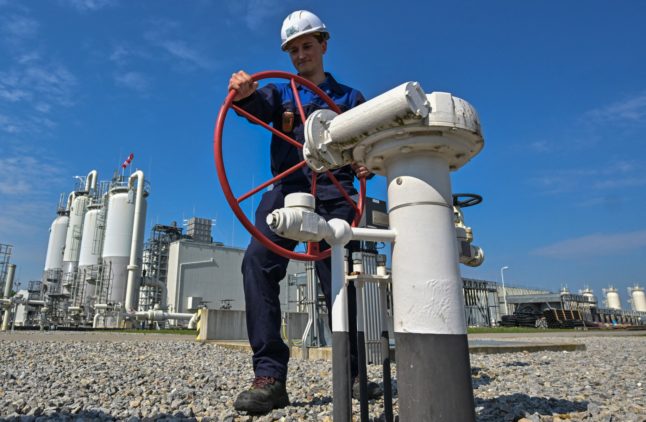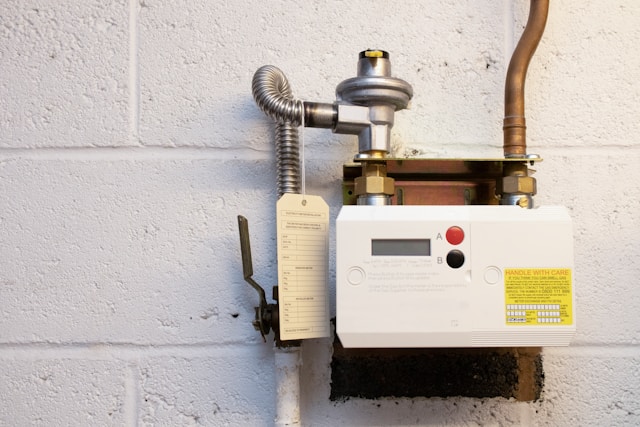Sixty percent of natural gas used in Austria is sourced Russia, according to data from the nation’s energy regulator, E-Control. That figure rose to around eighty percent in September, echoing pre-war levels,
The continued reliance on Russian gas is due to an existing supply contract between the Austrian government and the state-owned Russian energy company, Gazprom. It is not known whether an exit from this contract was attempted since the outbreak of the war.
In a DPA interview with Walter Boltz, the head of E-Control. Indicated that this reliance on Russian natural gas leaves the country open to the risk of supply issues. should the conflict affect the pipelines bringing gas from Ukraine.
“That then results in high prices”, he said.
He also warned that regional energy providers could find themselves in for a shock.
“I have the impression that the companies are burying their heads in the sand and hoping that things won’t get that bad,” he said.
Despite Boltz’s warnings, the head of E-Control’s gas department, Carola Milgramm, stated that she believes that Austria’s gas supply would remain secure throughout the coming winter, and in the case of emergency, enough gas could be sourced from existing pipeline connections to Germany and Italy.
Together with the former head of state-owned energy company OMV, Gerhard Roiss, Boltz criticised Austria’s lack of action in expanding those pipeline connections to Germany. Following international criticism, Austria’s neighbour divested from Russian natural gas in mid-2023, and now sources it mostly from Norway.
Austria has long been seen as having close uncomfortably close links with Russia. Several politicians have been condemned for their close links to Gazprom and government figures in Moscow, with former Foreign Minister Karin Kneissl even pictured dancing with Russian President Putin at her 2018 wedding.
Furthermore, Austrian Chancellor Karl Nehammer is the only western leader to have visited the Russian capital since the war began, and members of several parties walked out when Ukrainian President Volodymyr Zelenskyy addressed federal parliament earlier this year.



 Please whitelist us to continue reading.
Please whitelist us to continue reading.
Member comments